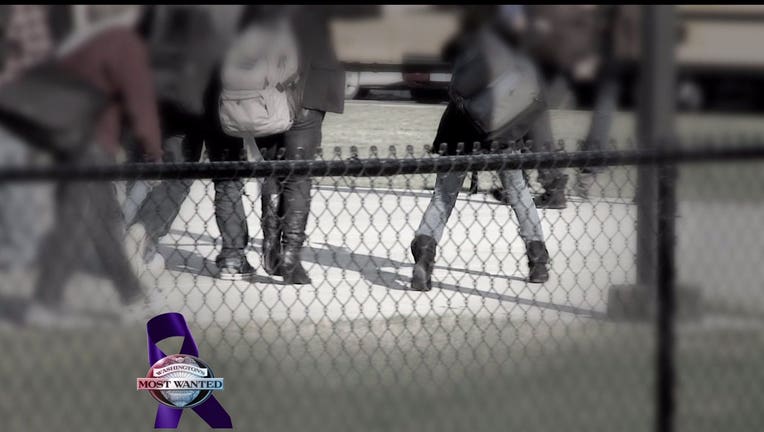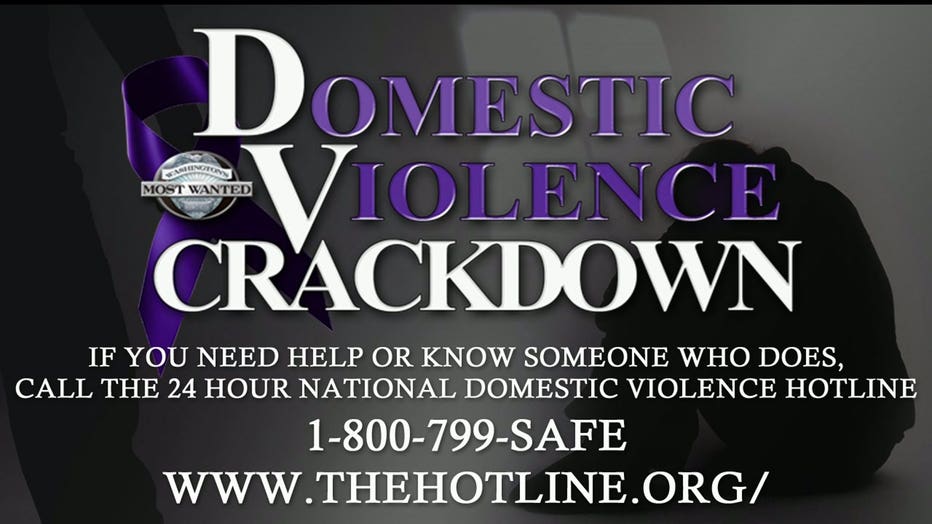Domestic Violence Crackdown: Stopping the cycle of teen dating violence

The mission for this month’s WMW: Domestic Violence Crackdown isn't just to help catch those chronic offenders, but to urge you to start a discussion about relationships. Washington's Most Wanted Special Correspondent Marni Hughes takes on teen domestic violence. One in three teens is a victim of domestic violence, and it can escalate fast. In 2012, police say 19 year old Brandon Suhr kidnapped his ex-girlfriend, and killed her 13 year old brother in the process. It was all over a breakup. What we know about domestic violence, is it's a learned behavior, especially when you're talking about teens. Experts say the only way to stop the cycle, is get the message to out early. A teen dating violence PSA on YouTube addresses a problem happening to more than 1.5 million teens in the U.S. The point is to show teens what a healthy relationship looks like, and spot the signs of a bad one. Stefanie Robbins is a counselor at Youth Eastside Services in Bellevue. She says one in three teens reports some type of violence in their dating relationship, and it can start as early as 12 years old. "We know teen dating violence is a pattern of abusive behaviors where one partner in a dating relationship is gaining or maintaining control through different tactics and different levels of severity." Warning signs can be simple at first: Checking someone's cell phone, taking their messages, isolating them from family and friends, or constantly putting them down. But, those controlling behaviors can escalate fast. Jessica Scholl was a beautiful 17 year old with a bright future. in 2012, police say her ex-boyfriend showed up at her Renton house, and stabbed her to death. He now faces more than two decades in prison. To stop the cycle, counselors use teens as a tool. They go into schools and educate kids on what teen dating violence is, what it looks like, and how to help a friend. "Often students will come up to us afterward and say I myself, or I have a friend who could use some support." They even try to reach the abusers. "There's a feeling, even though they may be maintaining control, of feeling out of control and not feeling like they know how else to be. Not necessarily knowing how to repair this behavior. and a desperation that can also lead to drugs and alcohol and other negative coping skills." If teens have seen someone in their life be abusive, they'll mirror that, and that's why experts say the key to stopping the cycle -- is showing teens they have a choice -- and that love is not supposed to hurt. And it's not just teens. Experts say we need to start talking to kids about healthy relationships in elementary school. Ask them simple things, like how do friends treat each other? Do you know who to talk to if a friend makes you sad? Because, the only way to stop the cycle of domestic abuse, is making sure kids know the difference.


